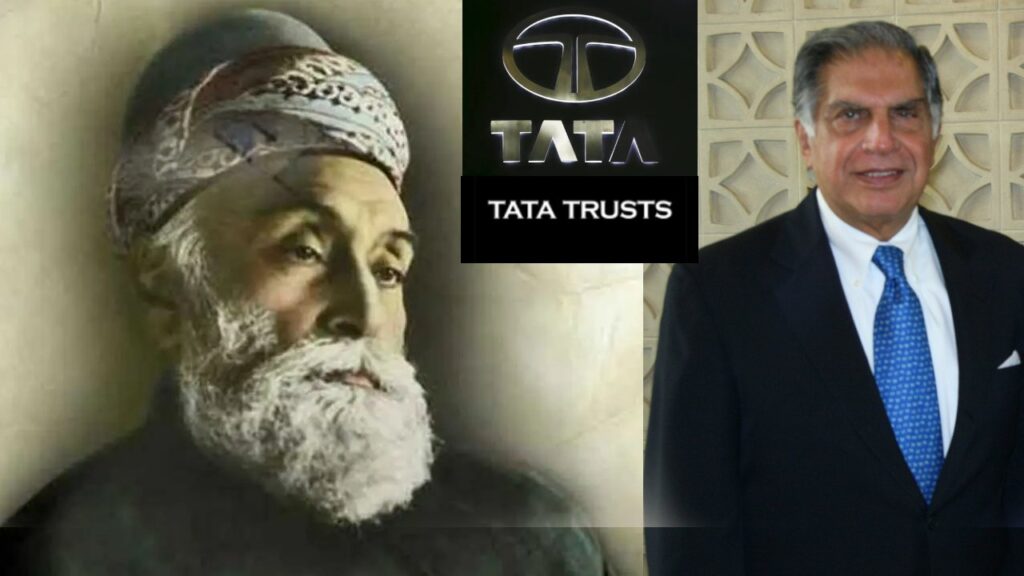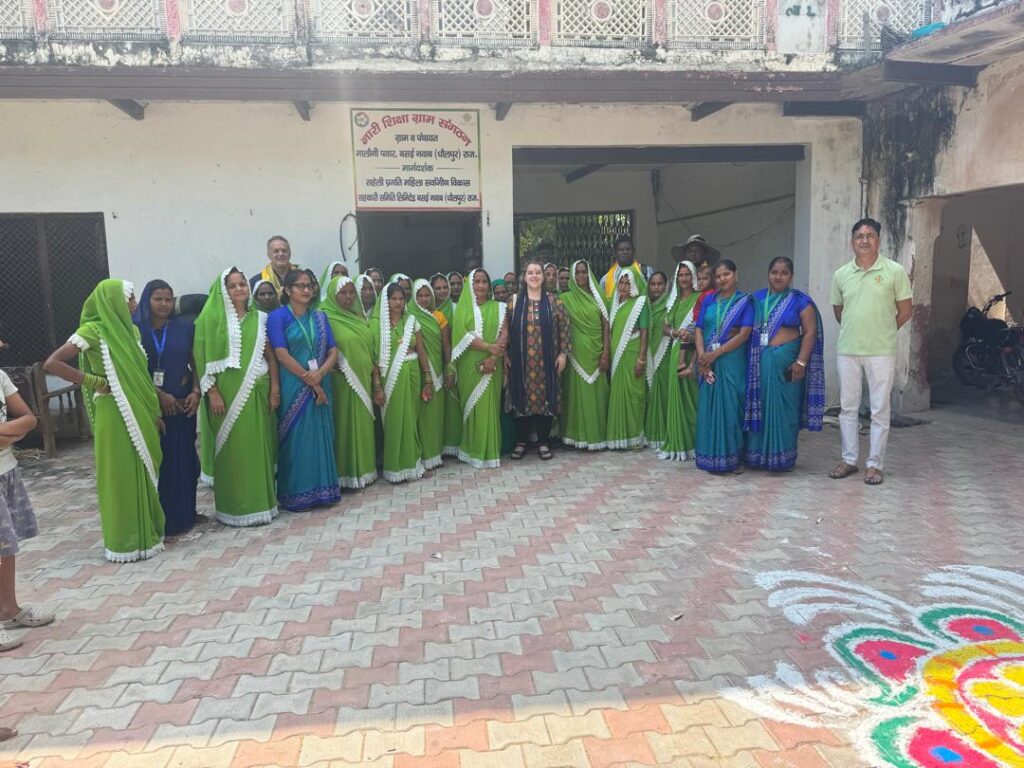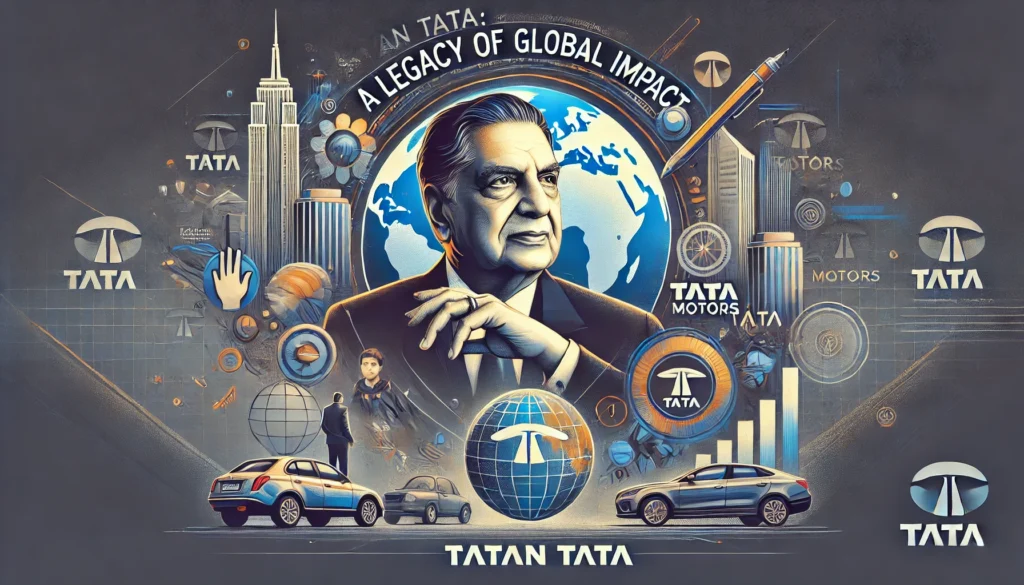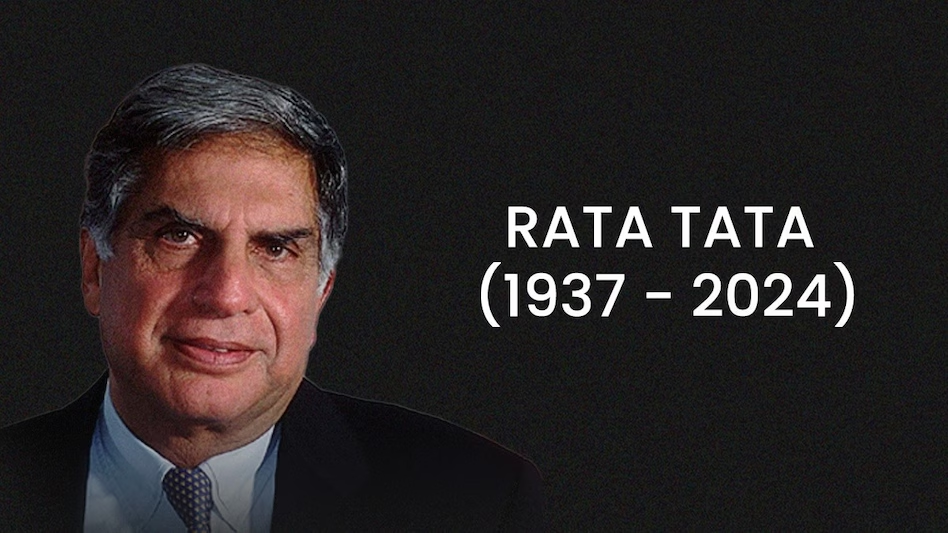Mumbai : Ratan Tata, the former chairman of Tata Sons and an iconic figure in Indian industry, has left an indelible mark not only through his business acumen but also through his profound commitment to philanthropy and social impact. His work has transformed countless lives, and his legacy continues to inspire future generations. This essay explores Ratan Tata’s philanthropic journey, the principles guiding his charitable initiatives, and the transformative changes these efforts have brought to society.
Early Life and Influences

Born on December 28, 1937, into the Tata family, Ratan Tata grew up in an environment deeply rooted in the values of social responsibility and community welfare. His great-grandfather, Jamsetji Tata, founded the Tata Group, which has long been synonymous with ethical business practices and a commitment to the betterment of society. Jamsetji’s vision laid the groundwork for a corporate philosophy that integrates business success with social responsibility.
Ratan Tata’s educational journey, including degrees from Cornell University and Harvard Business School, equipped him with the skills and vision necessary to lead the Tata Group. He joined the company in 1962 and eventually became chairman in 1991, steering the group toward unprecedented global expansion. However, it was his philanthropic efforts that truly distinguished his legacy.
Philanthropy Through Tata Trusts

At the heart of Ratan Tata’s philanthropic efforts is the Tata Trusts, which hold a significant portion of the Tata Group’s equity. Established over a century ago, these trusts have been instrumental in funding various social initiatives across India. Ratan Tata revitalized these trusts, focusing on sustainable development and the empowerment of marginalized communities.
The Tata Trusts operate in diverse areas, including healthcare, education, rural development, and the arts. Ratan Tata’s leadership emphasized a holistic approach, addressing the root causes of social issues rather than merely treating their symptoms. The trusts have been pivotal in improving public health, advancing educational opportunities, and fostering community development.
Education and Skill Development

Education has always been a priority for Ratan Tata. He firmly believes that access to quality education is fundamental to empowering individuals and communities. Under his guidance, the Tata Trusts have established several educational institutions, including the Tata Institute of Social Sciences (TISS) and the National Institute of Industrial Engineering (NITIE). These institutions not only provide education but also promote research and community engagement.
Moreover, Ratan Tata has championed skill development initiatives aimed at equipping young people with the tools they need to succeed in the job market. The Tata Strive initiative, for example, focuses on vocational training for youth, enabling them to gain employable skills. By investing in education and skill development, Ratan Tata has helped countless individuals achieve financial independence and self-sufficiency.
Healthcare Initiatives

Ratan Tata’s commitment to healthcare has led to significant advancements in public health services in India. The Tata Group has been at the forefront of healthcare delivery, with institutions like Tata Memorial Hospital providing comprehensive cancer care. Ratan Tata’s emphasis on making quality healthcare accessible and affordable has transformed lives and raised awareness about critical health issues.
The Tata Trusts have funded various healthcare initiatives, including the establishment of the Tata Medical Center in Kolkata, which provides state-of-the-art cancer treatment. Ratan Tata has also supported public health campaigns focused on maternal and child health, nutrition, and disease prevention, reflecting his understanding of healthcare as a multi-faceted issue requiring integrated solutions.
Rural Development and Community Empowerment

Recognizing that a significant portion of India’s population resides in rural areas, Ratan Tata has prioritized rural development and community empowerment in his philanthropic efforts. Through various projects supported by the Tata Trusts, initiatives have been launched to improve livelihoods, enhance infrastructure, and promote sustainable agricultural practices.
Ratan Tata’s approach to rural development emphasizes collaboration with local communities, ensuring that programs are tailored to their specific needs. This strategy fosters self-reliance and resilience, empowering communities to take charge of their development. His commitment to rural empowerment has contributed to alleviating poverty and improving the quality of life for countless families.
Promoting Entrepreneurship and Innovation

Ratan Tata has long believed in the transformative power of entrepreneurship as a catalyst for social change. His support for innovation and start-ups reflects this belief. The Tata Group’s investment in various entrepreneurial ventures and incubation programs showcases his commitment to fostering a culture of innovation.
Initiatives such as the Tata Innovation Fellowship support researchers and innovators working on solutions to pressing social challenges. By encouraging entrepreneurship, Ratan Tata aims to stimulate economic growth, create jobs, and drive social progress. His emphasis on innovation has inspired many young entrepreneurs to pursue their passions and contribute to society.
Global Recognition and Impact

Ratan Tata’s philanthropic contributions have garnered widespread recognition, both in India and internationally. His work has been acknowledged by numerous awards and honors, highlighting his influence as a leader in corporate social responsibility. Ratan Tata’s legacy extends beyond philanthropy; he is a role model for ethical business practices and a champion of social equity.
His influence has reached global audiences, as he has been involved in various initiatives addressing social issues on an international scale. Ratan Tata’s belief that businesses should play a role in improving society sets a standard for corporate social responsibility worldwide.
Conclusion
Ratan Tata’s legacy of philanthropy and social impact is a testament to the profound influence one individual can have on society. His unwavering commitment to education, healthcare, rural development, and entrepreneurship has transformed countless lives and fostered positive change across India. Through the Tata Trusts and the initiatives he has championed, Ratan Tata has created a lasting impact that embodies the principles of compassion, responsibility, and social equity.
As we reflect on Ratan Tata’s contributions, it is essential to recognize that his philanthropic journey is not just about the resources he has provided but the values he has instilled in future generations. His belief in the potential of individuals to effect change, combined with a commitment to addressing systemic issues, serves as a model for how philanthropy can drive meaningful social progress. Ratan Tata’s legacy will continue to inspire individuals and organizations to prioritize social responsibility and work towards a better future for all.

